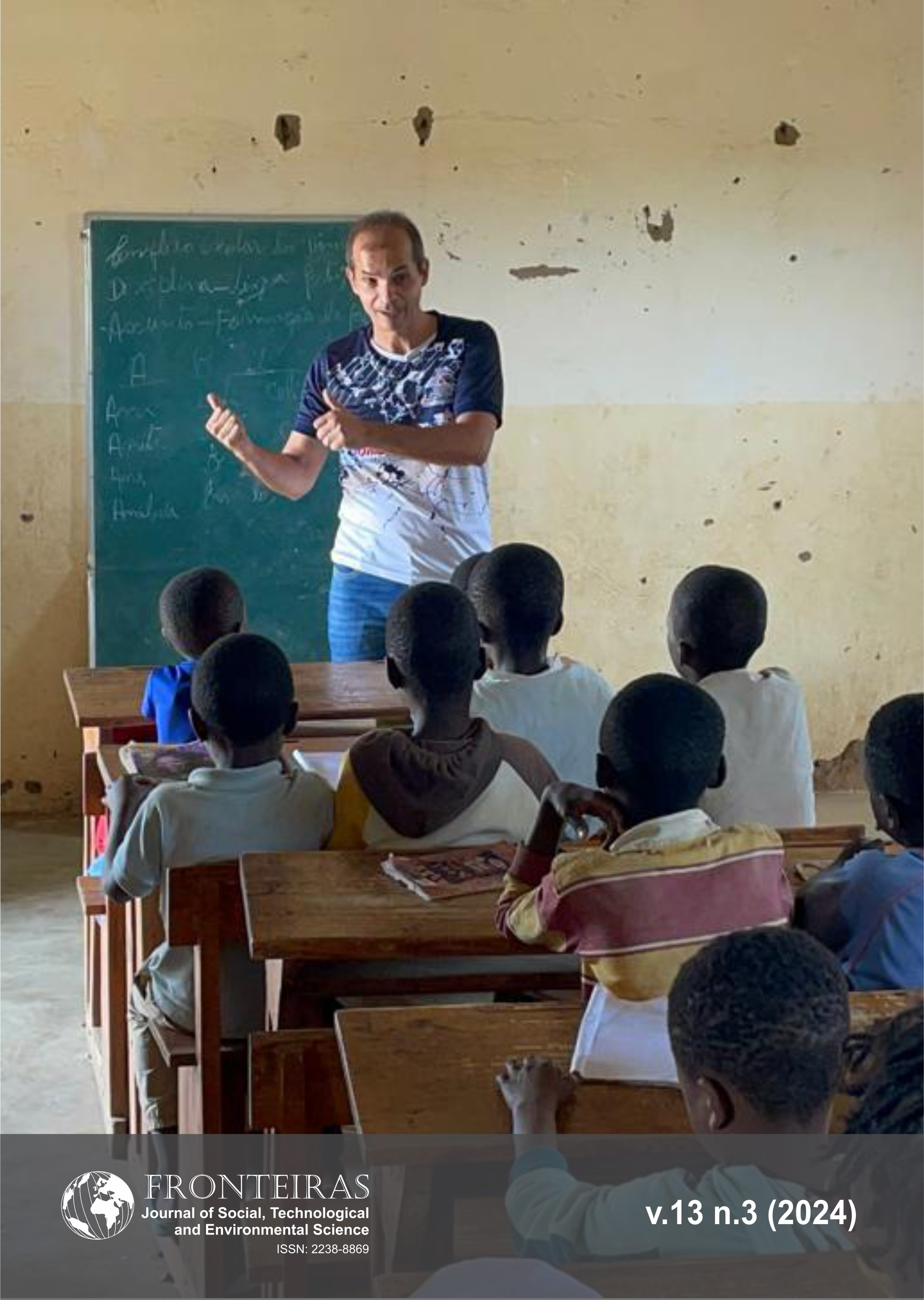Contributos da IA nos Processos Pedagógicos e no Desenvolvimento Profissional e Organizacional: Percepções de Professores Portugueses
DOI:
https://doi.org/10.21664/2238-8869.2024v13i3.p51-61Keywords:
artificial intelligence, teaching, learning, pedagogical assessment, transformationAbstract
This article has the aim to understand the elementary and high school teachers’ perspective on the knowledge of digital applications used in a school context, as well as on how Artificial Intelligence (AI) can contribute to the improvement of teaching, learning and evaluation, and consequently, to the teaching professional development and to the organizational transformation. Therefore, we focused the study on a quantitative approach, using a questionnaire survey addressed to 74 elementary and high school teachers from a Portuguese School. As main conclusions we underline that the use to AI contributes to stimulate student’s motivation and commitment to learning, through optimization of self-reflection and self- regulation processes. The use of AI allows teachers to implement pedagogical differentiation practices, in a humanistic approach, viewing the AI as a pedagogical resource able to improve the processes of teaching, learning and assessment, thus promoting the development and transformation of people and contexts. The study has also demonstrated the urgent need for school to reconfigure and transform itself, involving the school community on the topic of AI literacy, creating, therefore, a code of conduct, ensuring equity, inclusion and democratization of innovative pedagogical practices within digital technology.
References
Amado J, Freire I 2017. Estudo de caso na investigação em educação. In J Amado (Coord.). Manual de investigação qualitativa em educação. Universidade de Coimbra, Coimbra, p. 123- 145.
Comissão Europeia 2022. Orientações éticas para educadores sobre a utilização de inteligência artificial e de dados no ensino e na aprendizagem. Comissão Europeia.
Hirota F 2023. ChatGPT e Inteligência Artificial - Aplicações na Era Digital. Actual Editora.
Lee K, Qiufan C 2023. Inteligência Artificial 2041 - Dez visões para o nosso futuro. Relógio D´Água Editores.
Lehmann L, Parreira A 2019. A Instrumentos inovadores de aprendizagem: uma experiência com o WhatsApp, Revista Lusófona de Educação, Lisboa, v. 43, n.º 43, p. 75-89.Available from:https://revistas.ulusofona.pt/index.php/rleducacao/article/view/6771.
UNESCO 2016. Repensar a educação : rumo a um bem comum mundial?. UNESCO.
UNESCO 2021. Inteligencia artificial y educación - Guía para las personas a cargo de formular políticas. UNESCO.
Organização das Nações Unidas para a Educação, a Ciência e a Cultura (UNESCO) 2022. Recomendação sobre a Ética da Inteligência Artificial. Organização das Nações Unidas para a Educação, a Ciência e a Cultura.
Sociedade Portuguesa de Ciências da Educação (SPCE) 2020. Carta Ética. SPCE.
Valente J 2018. Inovação nos processos de ensino e de aprendizagem: o papel das tecnologias digitais. In: J A Valente; F M Freire; F L Arantes (org.). Tecnologia e educação: passado, presente e o que está por vir. NIED/Unicamp, p. 17-41.
Downloads
Published
How to Cite
Issue
Section
License
Copyright (c) 2024 Cristiana Pizarro Madureira, José António Flambó Afonso Batista

This work is licensed under a Creative Commons Attribution-NonCommercial 4.0 International License.
This journal offers immediate free access to its content, following the principle that providing free scientific knowledge to the public, we provides greater global democratization of knowledge.
As of the publication in the journal the authors have copyright and publication rights of their articles without restrictions.
The Revista Fronteiras: Journal of Social, Technological and Environmental Science follows the legal precepts of the Creative Commons - Attribution-NonCommercial-ShareAlike 4.0 International. 


